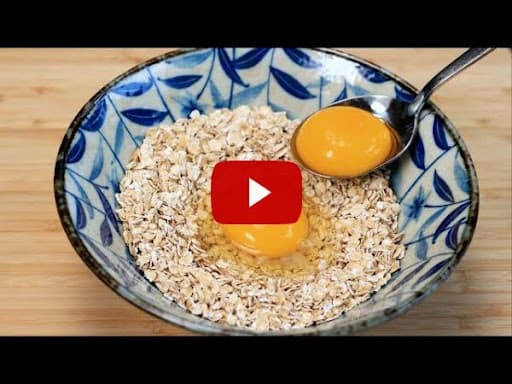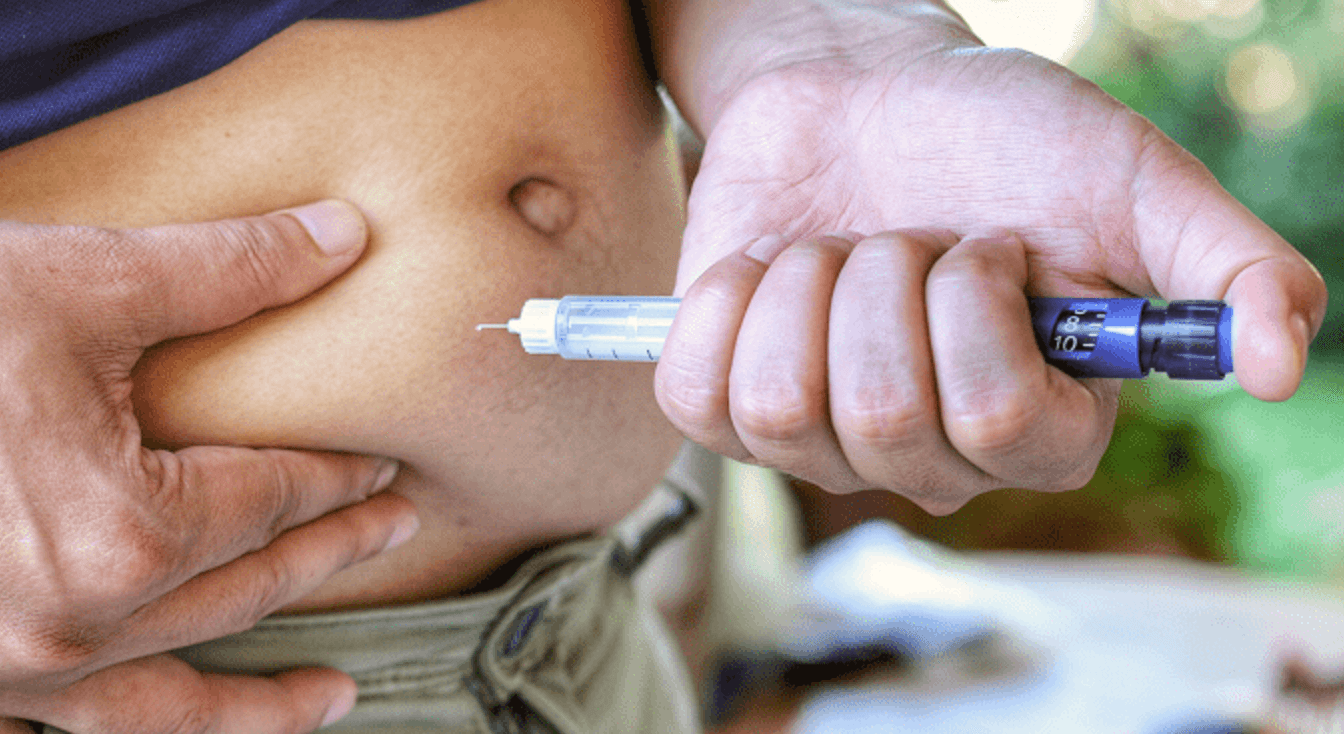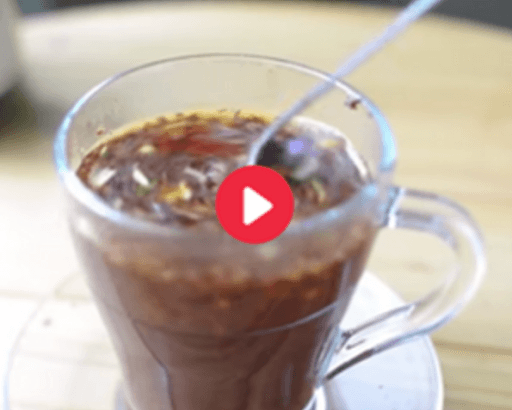Top 7 ANTI-Inflammatory FOODS to REVERSE Diabetes!
In recent years, the connection between our diet and health has gained unprecedented attention, particularly with chronic conditions like diabetes. Lifestyle choices, alongside the foods we consume, significantly affect our body's ability to manage blood sugar levels and inflammation.
To effectively manage and potentially reverse diabetes, incorporating specific anti-inflammatory foods into your regular diet can be transformative.
Oft overlooked, avocados harness monounsaturated fats that enhance insulin sensitivity. The dense fiber content in this creamy fruit aids in regulating blood sugar levels.
Rich in essential nutrients like potassium and magnesium, avocados also support heart health—a crucial factor for anyone managing diabetes.
Blueberries and other berries serve as powerful agents against diabetes with their antioxidant-laden profiles, particularly anthocyanins which curb inflammation.
These fruits have shown potential in enhancing insulin sensitivity and moderating blood sugar surges. Integrating them into meals, whether in smoothies, yogurts, or fresh forms, can deliver both taste and health benefits.
Spinach, kale, and similar greens possess anti-inflammatory traits doublefold through rich vitamins and minerals.
The standout lipoic acid in spinach demostrates reduced inflammation benefits and bettered insulin sensitivity—paramount in diabetic dietary considerations.
Including them in snacks or meals could improve satiety and metabolic health significantly.
Celebrated traditionally, turmeric’s curcumin is examined extensively for battling inflammation and assisting insulin functionality.
"Research shows curcumin can regulate blood sugar levels and diminish diabetes risk."
Incorporate turmeric through diverse dishes, such as soups, or beverages like turmeric tea.
Garlic's attributes—notably Allison—entail reduced inflammation and steady blood sugar governance. Regular consumption aids in enhancing metabolic steadiness.
Flanked among the elites of nutritional choices, fatty fish such as salmon are potent for diabetes management. Thanks to omega-3 dominance, they mitigate inflammation known to better insulin sensitivity.
Medical research consistently highlights omega-3’s favorable influence on blood sugar modulation and holistic diabetes wellness. Bringing seafood meals to your table at least two or three times a week holds substantial promise.
While ingesting these foods harbors innumerable health gains, those tackle a grander aspect as part of a balanced, healthy way of life. Keys include remaining active, controlling stress efficaciously, forming supporting networks, and consulting medical professionals on your venture for well-being and extended vitality.
Ensuring consistent changes not only empowers individuals to command diabetes but evenly augments life quality robustly.
From Around The Web
Wellness Inbox is a blog & weekly newsletter that curates trending news and products related to health and wellness from around the web. We also gather content from various sources, including leading health professionals, and deliver it directly to you.
Please note that we may receive compensation if you purchase any products featured in our newsletter. Wellness Inbox is not affiliated with, nor does it endorse, any health professionals whose content may appear in our newsletter. The information provided is for general informational purposes only and should not be considered medical advice.
The information provided is not intended to replace professional medical advice, diagnosis, or treatment. All content, including text, graphics, images, and information available is for general informational purposes only. We do not guarantee the accuracy or completeness of any information presented and assume no liability for any errors or omissions. The content is subject to change without notice. We encourage you to verify any information with other reliable sources and consult your physician regarding any medical conditions or treatments.







